Research Engagement and Impact Awards 2018

Our Country Lives: Health, Nutrition and Rural England
The Museum of English Rural Life
The Museum of English Rural Life has been an on-campus fixture at Reading since the 1950s. In latter years, however, it had become just that – a fixture. In order to resonate with a new generation and expand its appeal, the MERL needed a facelift.

The James Parkinson Bicentennial
Patrick Lewis
Two hundred years after apothecary and medical practitioner James Parkinson wrote his essay describing the ‘Shaking Palsy’, we still don’t fully understand the disease named after him. Research into Parkinson’s disease is yielding considerable results and treatments are in development. But for the patients, and families and friends of those with the condition, many details remain unclear, leading to confusion and, occasionally, distress.

Vote 100
Jacqui Turner
In 2018 the UK commemorated the centenary of women over 30 getting the vote. With exhibitions, performances, presentations and tea-parties, the celebrations extended well beyond Parliament, and Dr Jacqui Turner, the UK’s expert on Nancy Astor, the first woman to take her seat in Parliament, played a significant role in the programme’s development.
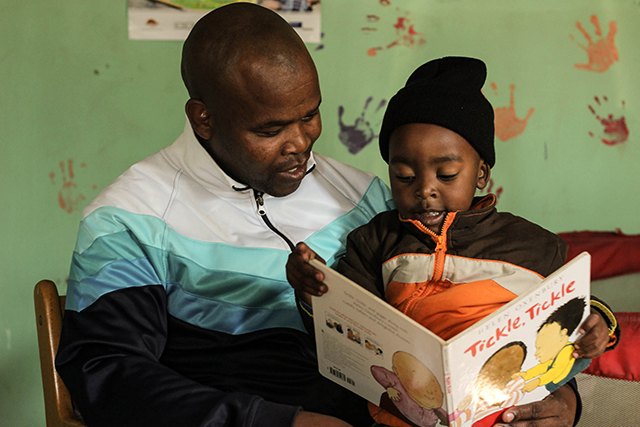
Supporting Parenting to Promote Early Child Development
Peter Cooper and Lynne Murray
Some of a child’s most valuable learning takes place before they go to school. Indeed, school ‘preparedness’ strongly predicts how well a child will fare in school. Professor Peter Cooper and Professor Lynne Murray have developed a programme to train parents from disadvantaged backgrounds in how to share picture books with their pre-school age children to support their child’s development.

Development Viability within Planning
Neil Crosby, with Patrick McAllister, Sarah Sayce, Ed Shepherd, Emma Street, Peter Wyatt
Successive governments have struggled to meet the demand for new homes in the UK. While developers need to build more homes overall, they are also required to deliver affordable housing and pay for infrastructure improvements such as new roads and schools. Yet developers sometimes argue that providing these additional benefits can make a residential development economically ‘unviable’. Planners can have a hard job to encourage housebuilding while also insisting that developers create more affordable homes, especially when officials may lack the expertise or information to challenge the land valuations and economic assessments submitted by developers.
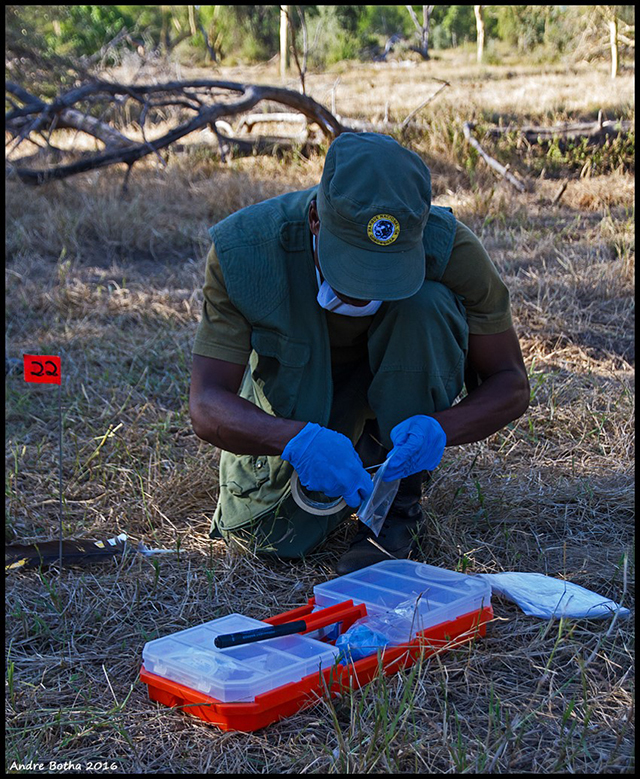
African Vulture Conservation
Graham Holloway and Campbell Murn
Illegally killing elephants for ivory is still a lucrative trade. But the cost to vulnerable wildlife is also higher than many might think. To prevent detection, poachers are poisoning elephant carcasses to eliminate tell-tale vultures circling overhead.
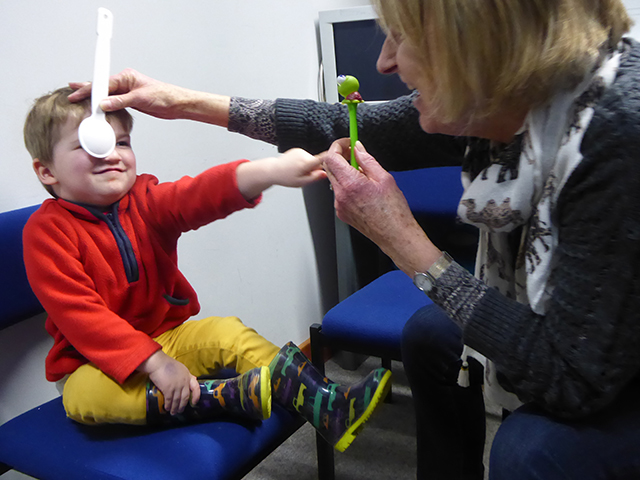
Influencing Children's Eye-care Professionals
Anna Horwood, Tricia Riddell, Sonia Toor, Siobhan Ludden
Professor Anna Horwood asks questions about children’s eyesight in ways few others do. How do we develop focus? Should we worry if a tiny baby goes cross-eyed? Do children with squints focus differently? What about long-sighted children? The research she and the team pioneered at Reading Vision Lab has changed how children’s vision is treated and, in some cases, how it is not treated – for example when a child’s apparent eye problem may get better spontaneously, or just need an explanation rather than treatment.

Driving National and International Policy to Safeguard Pollination Services
Simon Potts, Tom Breeze and Deepa Senapathi
If we want to feed the world’s growing population, we need to understand the complex connections between land use and plant and animal biodiversity. But knowledge in itself cannot guarantee food security. Professor Simon Potts and his research team are determined to protect the world’s bees and pollinating insects, and are influencing policy change at national and international levels.
Turbulence Research Leads to Smoother and Safer Flights
Paul Williams
Mid-flight turbulence is a concern to more than just nervous flyers. It is the leading cause of injuries to air passengers and flight attendants and costs the global aviation sector up to $1 billion a year.
Whitley for Real
Sally Lloyd-Evans, Whitley Young Researchers, Paul Allen and the Whitley Researchers
Reading, like many towns, appears prosperous, but some communities at its heart live with a legacy of social inequality. Since 2014, Dr Sally Lloyd-Evans has worked alongside residents in Whitley and other local partners, to develop a collective now known as the Whitley Researchers. Armed with research tools, the team is identifying needs within the community that will help them to address issues of economic and social exclusion.

Novel Strategies for the Diagnosis and Treatment of Snakebites
Sakthivel Vaiyapuri
(Also shortlisted for the EMBARK category)
While large research programmes search for cures for many diseases, venomous snakebites quietly kill around 100,000 people every year. Children, often barefoot in the fields of remote, rural communities are particularly vulnerable and suffer worse effects than adults due to their smaller size.
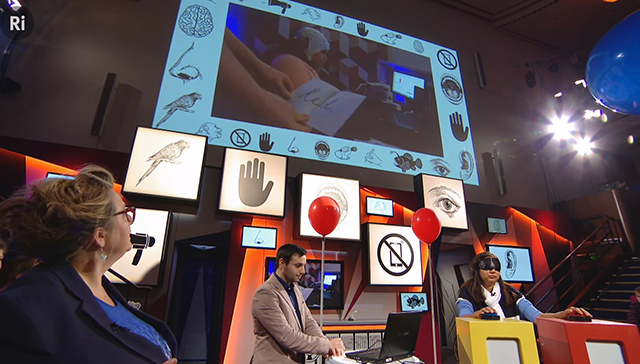
Mind Control: Explaining the Brain's Mechanisms using Interactive Demos
Ioannis Zoulias, Slawomir Nasuto and team
(Also shortlisted for the EMBARK category)
Controlling a computer with your mind? Really? Professor Salwomir Nasuto’s Brain Embodiment Lab delights in bringing cutting-edge neuroscience to young people, wherever they might be.
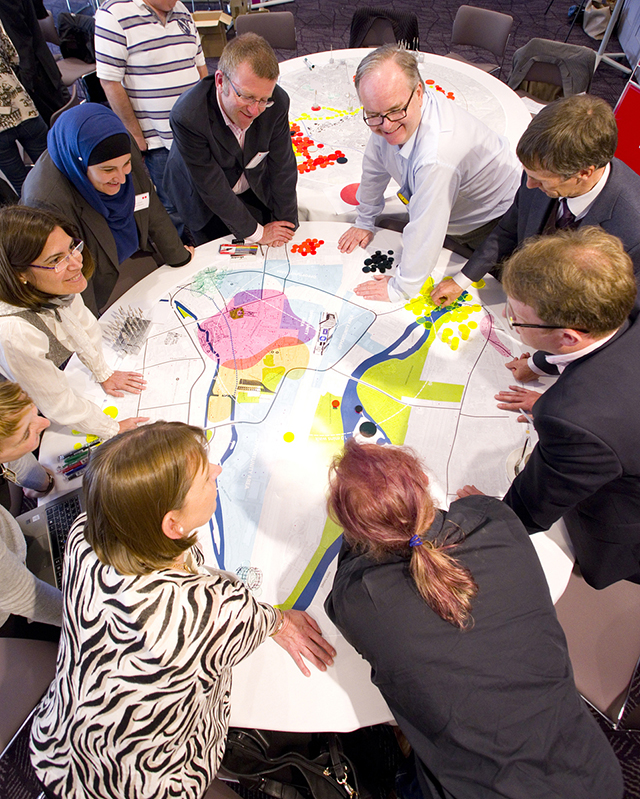
Reading 2050 Vision
Tim Dixon
How can we ensure the cities and towns where our children will live in 30 years’ time are fit for purpose? In 2013 Professor Tim Dixon, in collaboration with local planners and economic development organisations, set out to develop a vision for a truly smart and sustainable Reading.
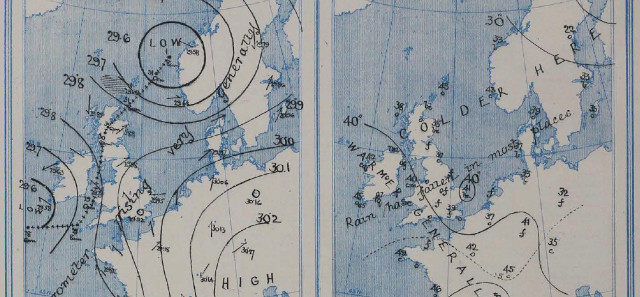
Weather Rescue
Ed Hawkins and Stephen Burt
Between 1883 and 1904 a group of Victorian meteorologists lived in a stone hut at the summit of Ben Nevis, observing the weather every hour of every day and night. The readings these hardy souls took could provide data vital to today’s climate science. But handwritten, on paper, they were hard to analyse and accessible only to a few, archive-based researchers.
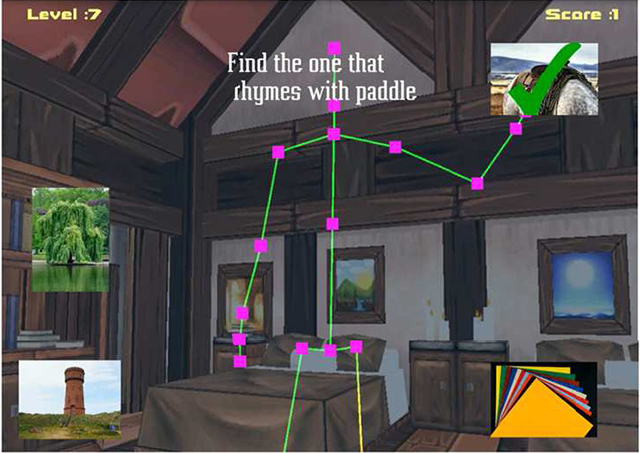
Motor and Language Therapy: A New Multi-modal Therapy for Neurological Rehabilitation
Rachel McCrindle, Holly Robson, Maitreyee Wairagkar, Lotte Meteyard, Jeanne-Louise Moyes
Recent improvements in emergency hospital care have dramatically increased stroke survival rates. This has a knock-on effect: more people than ever need long-term rehabilitation to overcome language and physical impediments. Professor Rachel McCrindle and Dr Holly Robson’s innovative new therapy, MaLT (Motor and Language therapy), is designed in collaboration with patients, software experts and healthcare professionals and takes rehabilitation therapies to a new level.
Embark
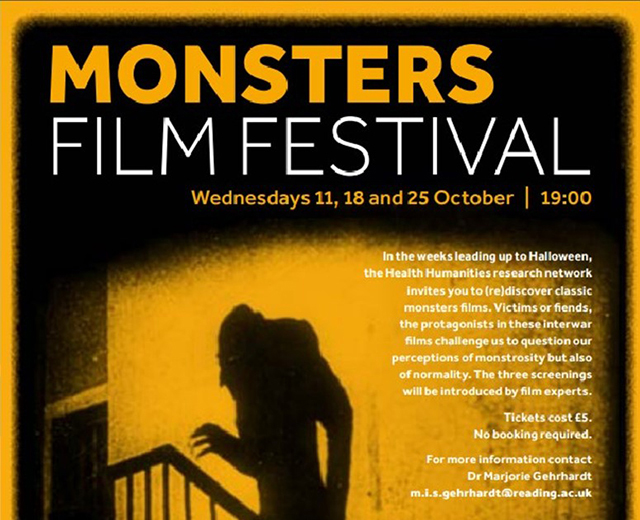
Monsters and the Monstrous
Marjorie Gehrhardt
What is a monster? For centuries science has sought to understand the concept, art has sought to portray it, and popular entertainment has sought to exploit it. Inspired by the University’s Cole Museum of Zoology, an early twentieth-century collection that includes interesting ‘mutants’ and ‘mutations’, Dr Marjorie Gehrhardt wanted to explore how ‘different’ bodies have been represented in the past and how art impacts our reactions today.
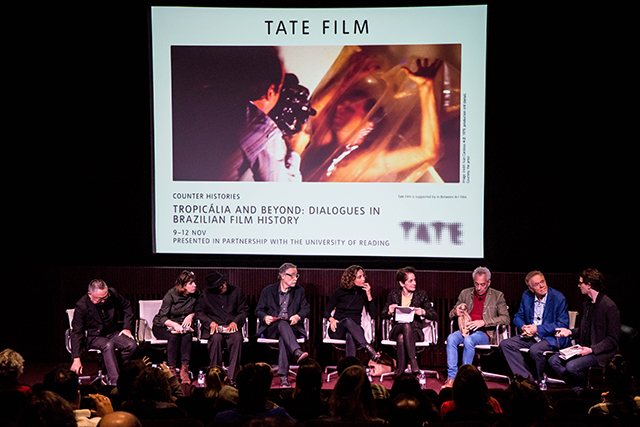
Tropicália and Beyond: Dialogues in Brazilian Film History
The Brazilian Tropicália movement of the 1960s is traditionally associated with music and the visual arts, but Dr Stefan Solomon’s research has highlighted the significance of cinema in the mix.
About the Research Engagement and Impact Awards

